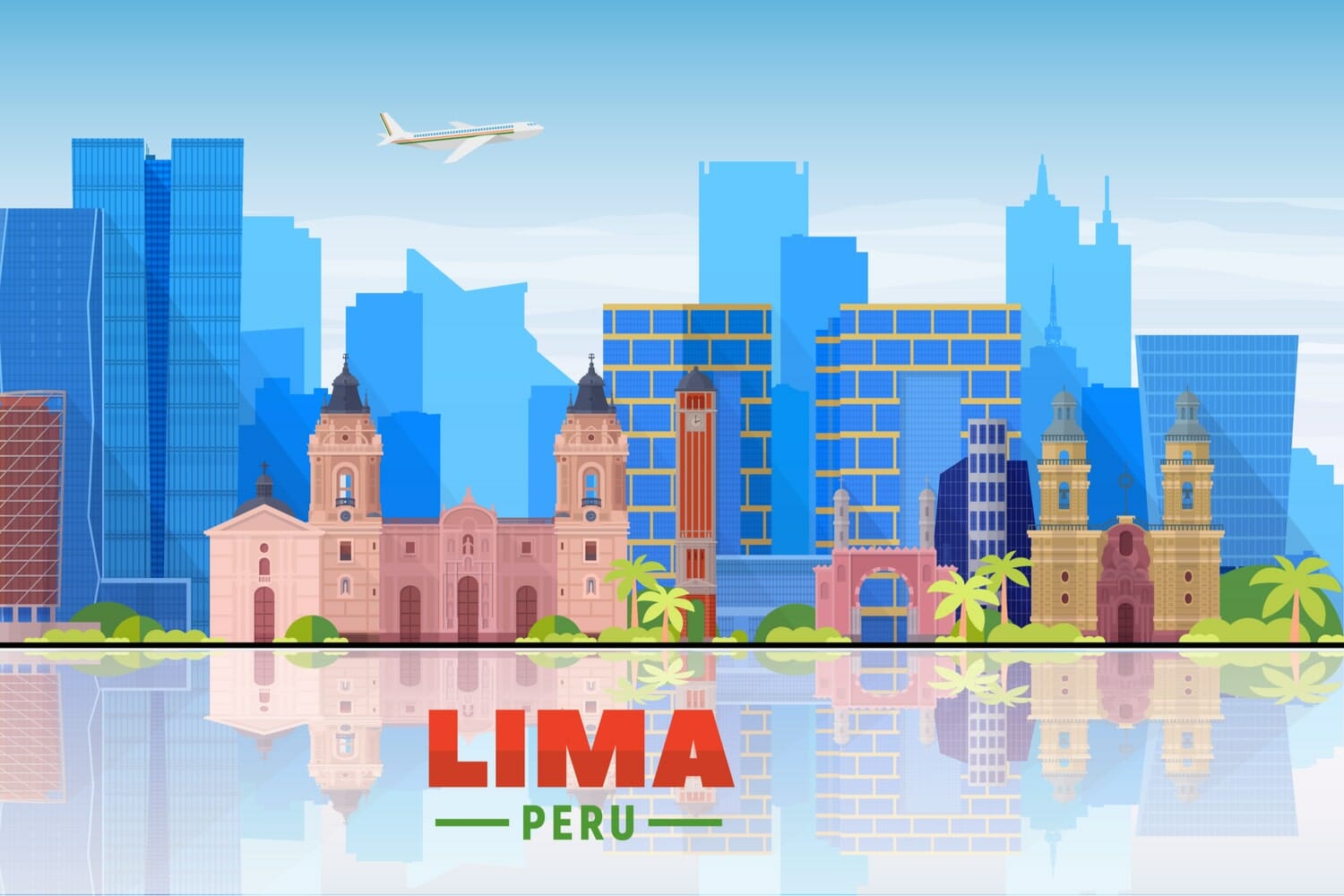Recently, the Supreme Government Administration of Peru enacted some provisions to prevent and control coronavirus spread in the country. A summary of selected highlights is below.
- By Ministerial Resolution N° 055-2020-TR, signed by the Minister of Labor, the “Guide for the Prevention of Coronavirus (COVID-19) in the Labor Area” has been approved, with which specific guidelines are provided to employers, so that within the framework of their responsibilities, they comply with the proper containment and care of cases of diagnosed or suspected coronavirus in the workplace.
Communication and Information Measures: The HR offices, with the Committees or Supervisors of Occupational Safety and Health, must prepare a Communication Plan referring to the measures to be adopted by the company; prepare and disseminate messages based on official MINSA information and informative talks; and enable information points, among others.
Control Measures: Workers who have cold symptoms and report that they have been in contact with people who were diagnosed as having suspected, probable, or confirmed cases of coronavirus or who, 14 or fewer days before, visited areas at risk of transmission of this virus, according to the official list of countries with reported cases of COVID-19 on the MINSA website, are instructed to go to the nearest public or private medical center to have a medical evaluation or call the MINSA toll-free line, 113.
Likewise, workers should comply with the preventive measures adopted by the employer, attend corresponding training, use personal protection elements, and proceed responsibly to implement prevention and control measures.
Measures for organizing work activities are determined as well, among them telework (teletrabajo), using information technologies and telecommunications, and taking into account the nature of the activity or function performed by the worker under the Telework Law and Its Regulations, in case it could be applicable.
- By Supreme Decree N° 008-2020-SA, a Declaration of Sanitary Emergency has been established nationwide for 90 calendar days and dictates prevention and control measures for COVID-19.
Within a period not exceeding 72 hours, by means of a Supreme Decree, the MINSA must approve the Action Plan and the list of goods and services required to be contracted to face the health emergency.
Various prevention and control measures to prevent the spread of COVID-19 have been established, including sanitation and migration controls, quarantines, restrictions on activities or events that involve the concentration of people in ways that increase the risk of transmission, and preventive health measures.
- By Urgency Decree N ° 025-2020, urgent and exceptional measures have been enacted to strengthen the System of Surveillance and Sanitary Response with respect to coronavirus in the Peruvian territory.
With regard to “Teletrabajo,” special rules and norms will be established in the public and private sectors.
These legal norms will be in force until December 31, 2020.
- By Supreme Decree No. 008-2020-MTC, flights coming from Europe and Asia, and from the Peruvian territory to such destinations, are suspended for a period of 30 calendar days from March 16, 2020. This term may be extended by Ministerial Resolution issued by the Peruvian Ministry of Transport and Communications, based on information from the health authority and taking into account the evolution of the pandemic.
- By Supreme Decree No. 044-2020-PCM, on March 15, 2020, a State of National Emergency was declared in Peru due to the serious circumstances affecting the nation’s citizens’ lives as a result of the pandemic. The State of Emergency was decreed for 15 calendar days, until March 30, 2020.
The National State of Emergency established a compulsory social isolation quarantine.
The temporary and total closure of the borders was decreed as well, suspending the international transport of passengers by land, air, sea, and river, among other regulations.
Before that occurred, passengers entering Peruvian territory had to comply with a compulsory social isolation (quarantine) of 15 calendar days.
- By Urgency Decree N° 026-2020, on March 15, 2020, several temporary and exceptional measures were established to prevent the spread of the virus in the Peruvian territory, including the ability granted to employers in the public and private sectors to modify the worksites of their staff to implement remote work (e.g., a home office) and its particular characteristics.
- On March 16, 2020, an Official Communication was issued by the Peruvian Immigration Authority (MIGRACIONES) with which the public was informed about the suspension of operations for a period of 15 calendar days due to the National State of Emergency in the country.
As of late March, MIGRACIONES’ offices are closed during the emergency period and no services are available to the public.
- By Supreme Decree No. 046-2020-PCM, on March 18, 2020, clarifications were made regarding the legal dispositions indicated in item #5 above, specifically regarding the “limitation to the exercise of the right to freedom of movement of persons,” initially decreed, in the sense of intensifying these measures to control the expansion of the coronavirus. In short, a “curfew” (compulsory social immobilization) was imposed in the country from 8 p.m. until 5 a.m. every day during this emergency period.
Private vehicles are no longer allowed to be driven on public roads, except for authorized people who provide essential services and goods (as established by law).
- On March 21, 2020, MIGRACIONES has authorized the rescheduling of appointments related to administrative procedures and services once the State of Emergency has ended, as well as the suspending of administrative deadlines and fines with regard to migratory regularization, among other provisions established by the Superintendence Resolution No. 000104-MIGRACIONES, issued in the official gazette, “El Peruano.”


